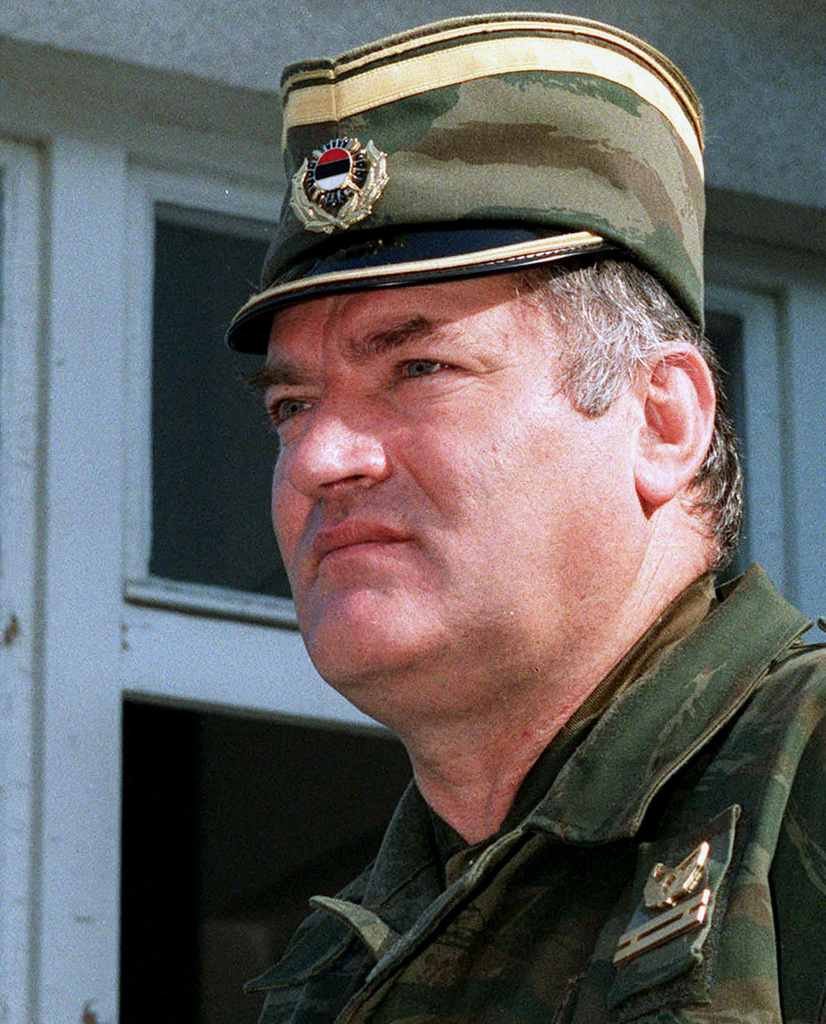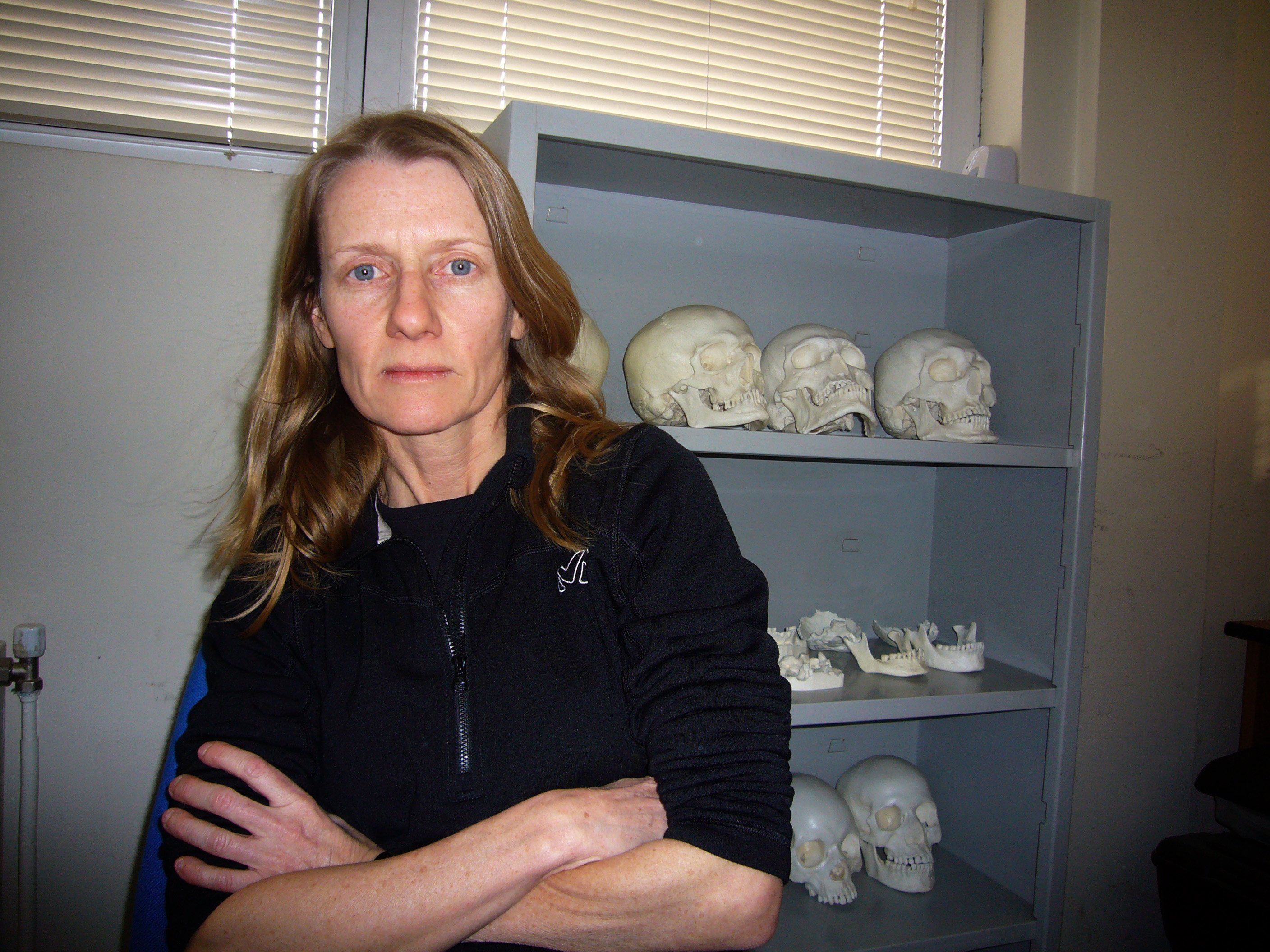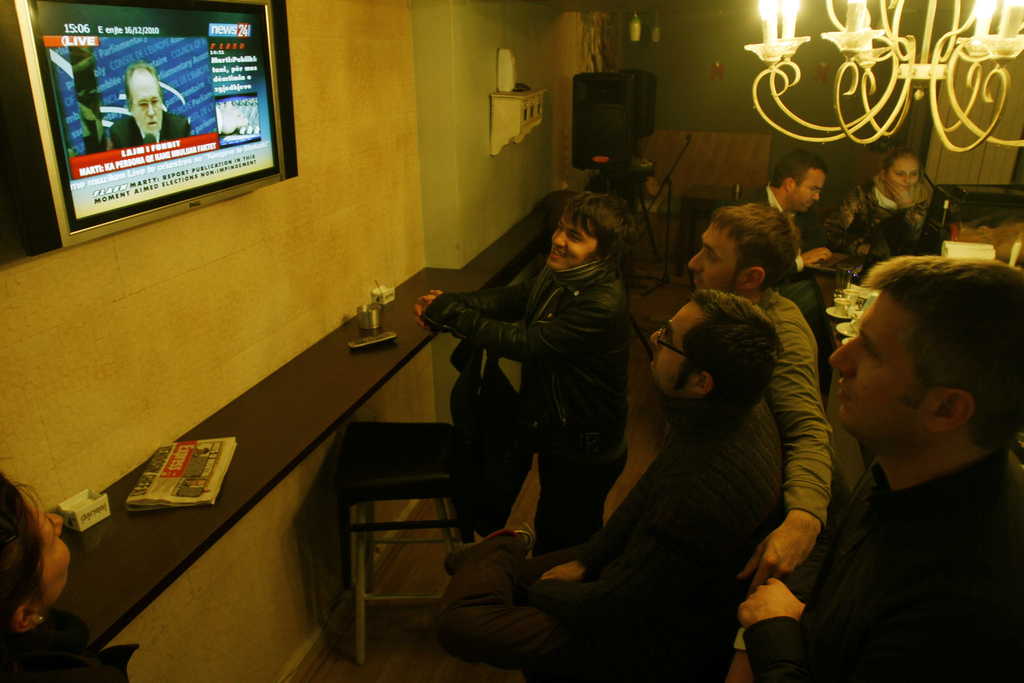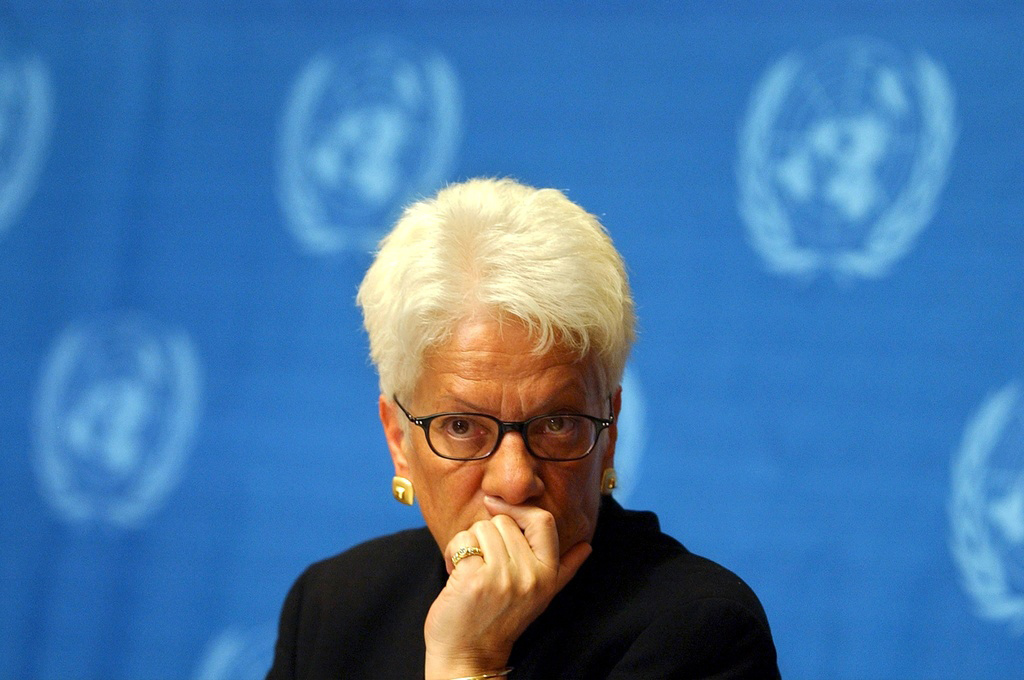War crimes fugitive Ratko Mladic arrested

Ratko Mladic, Europe’s most wanted war crimes fugitive, has been arrested in Serbia, the country’s president said on Thursday.
Mladic has been on the run since 1995 when he was indicted for genocide by the United Nations war crimes tribunal in The Hague for the slaughter of some 8,000 Bosnian Muslims in Srebrenica during the 1992-95 Bosnian war.
Mladic’s long evasion of arrest has blocked Serbia’s progress towards joining the European Union.
“On behalf of the Republic of Serbia, I can announce the arrest of Ratko Mladic. Extradition process is underway,” Boris Tadic told reporters. He said the arrest was made by the Serbian Security Intelligence Agency.
The Swiss foreign ministry welcomed the news, saying the arrest could be a “turning point in achieving justice for the victims of war crimes committed in the ex-Yugoslavia”.
It said Switzerland also hoped the arrest would be a chance to reinforce reconciliation work between the countries in the region.
Mladic, 69, was captured in the village of Lazarevo, 80 kilometres north-east of Belgrade, according to Serbian television.
Tadic said he would be extradited to the UN war crimes tribunal. He did not specify when, but said “an extradition process is under way”.
Mladic was commander of Bosnian-Serb forces during the 1992-95 Bosnia war, during the 43-month siege of Sarajevo.
External pressure
Pierre Hazan, a former diplomatic correspondent and human rights expert who was recently an associate researcher at Harvard Law School, told swissinfo.ch why he thought it had taken so long to capture Mladic.
“The internal situation in Yugoslavia was very delicate. On the one hand the government was receiving very strong pressure from the Americans and the EU to capture Mladic, and on the other hand there were still a lot of people who were quite sympathetic to Mladic and didn’t think it was appropriate to send him to The Hague,” he said.
“Eventually the government realised it was more helpful for its own interests to arrest him than to leave him living safely somewhere in Yugoslavia.”
Low profile
Mladic kept a low profile after the Bosnia war – Europe’s worst fighting since the Second World War – and faded from public view in the early 2000s. But the fugitive continued to cast a long shadow over Serbia, as the EU made Belgrade’s integration contingent upon his arrest.
The European Union said his arrest would show the country wanted to move forward on EU membership.
Mladic, seen by many Serbs as a hero for his loyal and fearless service to the Serb cause, is expected to quickly be transferred to the Hague court to face trial.
The prosecutor’s office at the International Criminal Tribunal for the Former Yugoslavia (ICTY) in The Hague said it could not comment on operational issues.
Reaction
“This is an important step forward for Serbia and for international justice,” European Union foreign policy chief Catherine Ashton Ashton said in a statement on Thursday.
“We expect Ratko Mladic to be transferred to the International Criminal Tribunal for the former Yugoslavia without delay. Full cooperation with the ICTY remains essential on Serbia’s path towards EU membership,” she added.
Jakob Kellenberger, the Swiss president of the International Committee of the Red Cross (ICRC), expressed his satisfaction with the arrest, saying the fight against impunity was getting serious.
In Brussels, Nato Secretary-General Anders Fogh Rasmussen hailed the arrest, saying that after almost 16 years since Mladic’s indictment for genocide “his arrest finally offers a chance for justice to be done”.
Tens of thousands of Nato troops were deployed to Bosnia in 1995 to safeguard a US-sponsored peace agreement between the country’s warring factions. They have since been withdrawn and replaced by a much smaller European Union force.
Carla del Ponte
The arrest will be a bittersweet victory for Switzerland’s Carla Del Ponte, prosecutor of the International Criminal Tribunal for the former Yugoslavia for eight years from 1999 to 2007, who failed to bring Mladic to justice.
Del Ponte had previously said she was not convinced Belgrade had a “focused and coordinated plan” for Mladic’s arrest, calling Serbia’s handling of the case “unprofessional”.
In April she told the Serbian Dnevnik newspaper that Mladic was in Serbia “because only there can he find protection, thanks to his many friends and sympathisers”.
Return to violence?
Pierre Hazan said that current economic problems had increased the pressure on the Serbian government.
“Serbia wants to be part of Europe and wants to enjoy good relations with international organisations, with the World Bank and the IMF where the Western countries play a major role. So for all those reasons I think it was better for the government to arrest him.”
He said it was hard to know whether the Serbian government knew of Mladic’s whereabouts, but he was sure that Mladic enjoyed some support within the security forces and possibly within the army.
As for what happens next, Hazan is cautiously optimistic that there won’t be an outbreak of violent nationalism.
“There is a recognition by most of the actors that crimes were committed at different levels by all sides. You will find today a certain number of people who will acknowledge what happened in Srebrenica, which is something that didn’t exist ten years ago. So things are changing,” he said.
“In Serbia my feeling – though I want to be very careful – is that a lot of young people would like to put the past behind them and try to find a job. That may be a priority. I guess this arrest will contribute to a process of normalisation.”
Ratko Mladic is accused of orchestrating the methodical slaughter of up to 8,000 Muslims from the Bosnian “safe area” of Srebrenica, in the worst massacre in Europe since the Second World War. The dead were bulldozed into mass graves over four days.
It was the culmination of a three-and-a-half-year conflict in which Mladic pounded the besieged city of Sarajevo daily with the artillery, tanks, mortars and heavy machineguns of his Bosnian Serb army, killing 10,000.
The alleged goal was “ethnic cleansing” – the forcible expulsion of Bosnian Muslims, Croats and other non-Serbs to clear Bosnian lands for a Greater Serbia.
It was a conspiracy, according to the United Nations War Crimes Tribunal for former Yugoslavia, in which he was aided, armed and abetted by former Serbian leader Slobodan Milosevic, together with Bosnian Serb leader Radovan Karadzic.
Both Mladic and Karadzic, his political master, were indicted for war crimes in 1995. Karadzic, who was captured in 2008 in Belgrade living under a new identity, and Mladic topped the tribunal’s wanted list for years after Western powers ended the war. But until Milosevic was toppled in October 2000, the general lived securely, if discreetly, in Belgrade.
Milosevic died in detention on March 11, 2006, a few months before a verdict in his four-year trial for genocide and other war crimes in Croatia, Bosnia and Kosovo.
Karadzic is now in prison in The Hague and on trial on war crimes charges.

In compliance with the JTI standards
More: SWI swissinfo.ch certified by the Journalism Trust Initiative















You can find an overview of ongoing debates with our journalists here . Please join us!
If you want to start a conversation about a topic raised in this article or want to report factual errors, email us at english@swissinfo.ch.